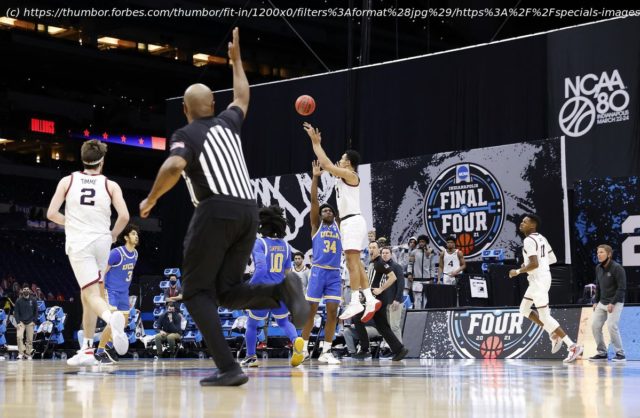Last Wednesday, the U.S. Supreme Court heard oral arguments in NCAA v. Alston. There are at least seven reasons why the Supreme Court is likely to rule against the NCAA.
Last Wednesday, the U.S. Supreme Court heard oral arguments in NCAA v. Alston — a case that will determine whether the National Collegiate Athletic Association can cap educational benefits that college sports programs may provide to their athletes. Although the Supreme Court is not expected to publish its opinion in the case until May, there are at least seven reasons why the NCAA is very likely to lose, perhaps even unanimously: First, as a matter of substance, the NCAA is asking the Supreme Court to treat the agreement among NCAA member colleges as being beyond the scope of federal antitrust laws based on the unique structure of commercial sports leagues. However, the Court has already rejected a similar substantive argument with respect to pro sports leagues in American Needle v. Nat’l Football League. Indeed, on May 24, 2010, the high court unanimously held that the commercial rules of professional sports leagues are not beyond the scope of Section 1 of the Sherman Act even though commercial sports leagues represent a unique form of joint venture. Six of the nine judges who decided American Needle continue to serve on the Court today. Second, as a matter of technical legal argument, the NCAA has asked the Supreme Court to grant it an antitrust exemption by applying either a per se test or quick-look analysis to the competitive effects of amateurism. However, not once in the 121 year history of the Sherman Act has the U.S. Supreme Court used either a per se test or quick-look analysis to find conduct under antitrust law to be legal.






